Submitted:
29 May 2024
Posted:
30 May 2024
Read the latest preprint version here
Abstract
Keywords:
1. Introduction
2. State of the Art – Related Works
2.1. Pandemic Experiments and Experiences
2.2. Post-Pandemic Perspectives, Ideas, Challenges
3. Materials and Methods
3.1. Organizational Changes and Tools
3.2. Innovative Elements of Classes and Lectures
4. Results and Discussion
4.1. Survey Results – Students’ Answers and Assessments
4.2. Survey Results – Short Summary of Students’ Impressions and Comments
5. Conclusions
Funding
Institutional Review Board Statement
Informed Consent Statement
Data Availability Statement
Conflicts of Interest
References
- Iivari, N.; Sharma, S.; Ventä-Olkkonen, L. Digital Transformation of Everyday Life – How COVID-19 Pandemic Transformed the Basic Education of the Young Generation and Why Information Management Research Should Care? Int J Inf Manage 2020, 102183. [Google Scholar] [CrossRef] [PubMed]
- Dwivedi, Y.K.; Hughes, D.L.; Coombs, C.; Constantiou, I.; Duan, Y.; Edwards, J.S.; Gupta, B.; Lal, B.; Misra, S.; Prashant, P.; et al. Impact of COVID-19 Pandemic on Information Management Research and Practice: Transforming Education, Work and Life. Int J Inf Manage 2020, 102211. [Google Scholar] [CrossRef]
- de Moura Oliveira, P.B.; Soares, F. How We Turned Fully Digital Due to Covid-19: Two Control Engineering Teaching Experiences. In Proceedings of the 2021 4th International Conference of the Portuguese Society for Engineering Education (CISPEE); IEEE, June 21 2021; pp. 1–5. [Google Scholar]
- Kaden, U. COVID-19 School Closure-Related Changes to the Professional Life of a K–12 Teacher. Educ Sci (Basel) 2020, 10, 165. [Google Scholar] [CrossRef]
- Alcaraz, R.; Martinez-Rodrigo, A.; Zangroniz, R.; Rieta, J.J. Blending Inverted Lectures and Laboratory Experiments to Improve Learning in an Introductory Course in Digital Systems. IEEE Transactions on Education 2020, 63, 1–11. [Google Scholar] [CrossRef]
- Jinwen Zhu A Hybrid Online-Education Strategy for Delivering Engineering and Technology Courses. In Proceedings of the 2010 International Conference on Networking and Digital Society; IEEE, 10; Vol. 2, pp. 448–451.
- Cueva, A.; Inga, E. Information and Communication Technologies for Education Considering the Flipped Learning Model. Educ Sci (Basel) 2022, 12, 207. [Google Scholar] [CrossRef]
- Antonino-Daviu, J.A.; Dunai, L. Educational Experiences on Virtual Teaching of Electric Motors Condition Monitoring Courses. In Proceedings of the 2021 IEEE 8th International Conference on e-Learning in Industrial Electronics (ICELIE); IEEE, October 13 2021; pp. 1–6. [Google Scholar]
- Martinez, P.J.; Aguilar, F.J.; Ortiz, M. Transitioning From Face-to-Face to Blended and Full Online Learning Engineering Master’s Program. IEEE Transactions on Education 2020, 63, 2–9. [Google Scholar] [CrossRef]
- Ożadowicz, A. Interactivity — A Key Element of Blended Learning with Flipped Classroom Approach. In Proceedings of the 2022 IEEE 9th International Conference on e-Learning in Industrial Electronics (ICELIE); IEEE, October 17 2022; pp. 1–6. [Google Scholar]
- Noga, M.; Ożadowicz, A.; Grela, J. Modern, Certified Building Automation Laboratories AutBudNet – Put “Learning by Doing” Idea into Practice. Electrical Review 2012, 137–141. [Google Scholar]
- Ożadowicz, A. Modified Blended Learning in Engineering Higher Education during the COVID-19 Lockdown—Building Automation Courses Case Study. Educ Sci (Basel) 2020, 10, 292. [Google Scholar] [CrossRef]
- Pichardo, J.I.; López-Medina, E.F.; Mancha-Cáceres, O.; González-Enríquez, I.; Hernández-Melián, A.; Blázquez-Rodríguez, M.; Jiménez, V.; Logares, M.; Carabantes-Alarcon, D.; Ramos-Toro, M.; et al. Students and Teachers Using Mentimeter: Technological Innovation to Face the Challenges of the COVID-19 Pandemic and Post-Pandemic in Higher Education. Educ Sci (Basel) 2021, 11, 667. [Google Scholar] [CrossRef]
- Al-Freih, M. From the Adoption to the Implementation of Online Teaching in a Post-COVID World: Applying Ely’s Conditions of Change Framework. Educ Sci (Basel) 2022, 12, 757. [Google Scholar] [CrossRef]
- Aidoo, B.; Macdonald, M.A.; Vesterinen, V.-M.; Pétursdóttir, S.; Gísladóttir, B. Transforming Teaching with ICT Using the Flipped Classroom Approach: Dealing with COVID-19 Pandemic. Educ Sci (Basel) 2022, 12, 421. [Google Scholar] [CrossRef]
- Ntim, S.; Opoku-Manu, M.; Addai-Amoah Kwarteng, A. Post COVID-19 and the Potential of Blended Learning in Higher Institutions: Exploring Students and Lecturers Perspectives on Learning Outcomes in Blended Learning. European Journal of Education and Pedagogy 2021, 2, 49–59. [Google Scholar] [CrossRef]
- Sri, S.; Haningsih, S.; Rohmi, P. The Pattern of Hybrid Learning to Maintain Learning Effectiveness at the Higher Education Level Post-COVID-19 Pandemic. European Journal of Educational Research 2022, 11, 243–257. [Google Scholar] [CrossRef]
- Peimani, N.; Kamalipour, H. Online Education in the Post COVID-19 Era: Students’ Perception and Learning Experience. Educ Sci (Basel) 2021, 11, 633. [Google Scholar] [CrossRef]
- Saboowala, R.; Manghirmalani Mishra, P. Readiness of In-Service Teachers Toward a Blended Learning Approach as a Learning Pedagogy in the Post-COVID-19 Era. Journal of Educational Technology Systems 2021, 50, 9–23. [Google Scholar] [CrossRef]
- Singh, J.; Steele, K.; Singh, L. Combining the Best of Online and Face-to-Face Learning: Hybrid and Blended Learning Approach for COVID-19, Post Vaccine, & Post-Pandemic World. Journal of Educational Technology Systems 2021, 50, 140–171. [Google Scholar] [CrossRef]
- Bechter, C.; Swierczek, F. Digital Storytelling in a Flipped Classroom for Effective Learning. Educ Sci (Basel) 2017, 7, 61. [Google Scholar] [CrossRef]
- Meinel, C.; Schweiger, S. A Virtual Social Learner Community—Constitutive Element of MOOCs. Educ Sci (Basel) 2016, 6, 22. [Google Scholar] [CrossRef]
- Mohammad, N.M.; Sara, F.; Zahra, T.; Mojtaba, H. The Study of the Teacher’s Role and Student Interaction in e-Learning Process. In Proceedings of the 4th International Conference on e-Learning and e-Teaching (ICELET 2013); IEEE, February 2013; pp. 130–134. [Google Scholar]
- Moore, J. Efficacy of Multimedia Learning Modules as Preparation for Lecture-Based Tutorials in Electromagnetism. Educ Sci (Basel) 2018, 8, 23. [Google Scholar] [CrossRef]
- Delgado Algarra, E.J.; Bernal Bravo, C.; Morales Cevallos, M.B.; López Meneses, E. Pedagogical and Technical Analyses of Massive Open Online Courses on Artificial Intelligence. Applied Sciences 2024, 14, 1051. [Google Scholar] [CrossRef]
- Simkova, M.; Stepanek, J. Effective Use of Virtual Learning Environment and LMS. Procedia Soc Behav Sci 2013, 83, 497–500. [Google Scholar] [CrossRef]
- You, J.W. Identifying Significant Indicators Using LMS Data to Predict Course Achievement in Online Learning. Internet High Educ 2016, 29, 23–30. [Google Scholar] [CrossRef]
- Bradley, N.; Jadeski, L.; Newton, G.; Ritchie, K.; Merrett, S.; Bettger, W. The Use of a Learning Management System (LMS) to Serve as the Virtual Common Space of a Network for the Scholarship of Teaching and Learning (SoTL) in an Academic Department. Educ Sci (Basel) 2013, 3, 136–146. [Google Scholar] [CrossRef]
- Sanganyado, E.; Nkomo, S. Incorporating Sustainability into Engineering and Chemical Education Using E-Learning. Educ Sci (Basel) 2018, 8, 39. [Google Scholar] [CrossRef]
- Okaz, A.A. Integrating Blended Learning in Higher Education. Procedia Soc Behav Sci 2015, 186, 600–603. [Google Scholar] [CrossRef]
- Klentien, U.; Wannasawade, W. Development of Blended Learning Model with Virtual Science Laboratory for Secondary Students. Procedia Soc Behav Sci 2016, 217, 706–711. [Google Scholar] [CrossRef]
- Singh, A.; Rocke, S.; Pooransingh, A.; Ramlal, C.J. Improving Student Engagement in Teaching Electric Machines Through Blended Learning. IEEE Transactions on Education 2019, 62, 297–304. [Google Scholar] [CrossRef]
- Yang, S.; Newman, R. Rotational Blended Learning in Computer System Engineering Courses. IEEE Transactions on Education 2019, 62, 264–269. [Google Scholar] [CrossRef]
- Batanero-Ochaíta, C.; Fernández-Sanz, L.; Rivera-Galicia, L.F.; Rueda-Bernao, M.J.; López-Baldominos, I. Estimation of Interaction Time for Students with Vision and Motor Problems When Using Computers and E-Learning Technology. Applied Sciences 2023, 13, 10978. [Google Scholar] [CrossRef]
- Weber, A.M.; Greiff, S. ICT Skills in the Deployment of 21st Century Skills: A (Cognitive) Developmental Perspective through Early Childhood. Applied Sciences 2023, 13, 4615. [Google Scholar] [CrossRef]
- Kumar, A.; Malhotra, S.; Katoch, A.; Sarathkar, A.; Manocha, A. Webinars: An Assistive Tool Used by Higher Education Educators during Covid19 Case Study. 2020 12th International Conference on Computational Intelligence and Communication Networks (CICN) 2020. [CrossRef]
- Sobaih, A.E.E.; Hasanein, A.M.; Abu Elnasr, A.E. Responses to COVID-19 in Higher Education: Social Media Usage for Sustaining Formal Academic Communication in Developing Countries. Sustainability 2020, 12, 6520. [Google Scholar] [CrossRef]
- Perusall Team Perusall - Interactive Education Platform. Available online: https://www.perusall.com (accessed on 24 April 2024).
- Banks, L.; Kay, R. Exploring Flipped Classrooms in Undergraduate Nursing and Health Science: A Systematic Review. Nurse Educ Pract 2022, 64, 103417. [Google Scholar] [CrossRef] [PubMed]
- Dabney, B.W.; Eid, F. Beyond Bloom’s: Fink’s Taxonomy as a Catalyst for Meaningful Learning in Nursing Education. Teaching and Learning in Nursing 2023. [CrossRef]
- Barry, D.M.; Kanematsu, H.; Ogawa, N.; McGrath, P. Technologies for Teaching during a Pandemic. Procedia Comput Sci 2021, 192, 1583–1590. [Google Scholar] [CrossRef] [PubMed]
- Manca, S. Snapping, Pinning, Liking or Texting: Investigating Social Media in Higher Education beyond Facebook. Internet High Educ 2020, 44, 100707. [Google Scholar] [CrossRef]
- Fernández-Caramés, T.M.; Fraga-Lamas, P. Towards Next Generation Teaching, Learning, and Context-Aware Applications for Higher Education: A Review on Blockchain, IoT, Fog and Edge Computing Enabled Smart Campuses and Universities. Applied Sciences 2019, 9, 4479. [Google Scholar] [CrossRef]
- Avila, S.R.; Castillo, E.V. Model to Support the Learning Process and Generation of Knowledge Using Collaborative Tools. In Proceedings of the 2021 IEEE 1st International Conference on Advanced Learning Technologies on Education & Research (ICALTER); IEEE, December 16 2021; pp. 1–4. [Google Scholar]
- Padlet Team Padlet. Available online: https://padlet.com (accessed on 7 November 2023).
- Muir, T.; Wang, I.; Trimble, A.; Mainsbridge, C.; Douglas, T. Using Interactive Online Pedagogical Approaches to Promote Student Engagement. Educ Sci (Basel) 2022, 12, 415. [Google Scholar] [CrossRef]
- Kim, H.J.; Yi, P.; Hong, J.I. Students’ Academic Use of Mobile Technology and Higher-Order Thinking Skills: The Role of Active Engagement. Educ Sci (Basel) 2020, 10, 47. [Google Scholar] [CrossRef]
- Autodesk Tinkercad Autodesk. Available online: https://www.tinkercad.com (accessed on 11 December 2023).
- Marinoni, Giorgio.; Van’t Land, Hilligje.; Jensen, Trine.; Asociación Internacional de Universidades. The Impact of COVID-19 on Higher Education around the World IAU Global Survey Report; International Association of Universities: Paris, 2020; ISBN 9789290022121.
- Guidi, E.; Jensen, T.; Marinoni, G. Shaping Teaching & Learning and Internationalization beyond the Pandemic; International Association of Universities: Paris, 2023; ISBN 978-92-9002-218-3.
- Djidu, H.; Mashuri, S.; Nasruddin, N.; Sejati, A.E.; Rasmuin, R.; Ugi, L.E.; Arua, A. La Online Learning in the Post-Covid-19 Pandemic Era: Is Our Higher Education Ready for It? Jurnal Penelitian dan Pengkajian Ilmu Pendidikan: E-Saintika 2021, 5, 139–151. [Google Scholar] [CrossRef]
- Neuwirth, L.S.; Jović, S.; Mukherji, B.R. Reimagining Higher Education during and Post-COVID-19: Challenges and Opportunities. Journal of Adult and Continuing Education 2021, 27, 141–156. [Google Scholar] [CrossRef]
- Ewing, L.-A. Rethinking Higher Education Post COVID-19. In The Future of Service Post-COVID-19 Pandemic, Rapid Adoption of Digital Service Technology; Jungwoo, L., Spring H., H., Eds.; Springer, 2021; Vol. 1 ISBN 978-981-33-4125-8.
- Cobo-Rendón, R.; Bruna Jofre, C.; Lobos, K.; Cisternas San Martin, N.; Guzman, E. Return to University Classrooms With Blended Learning: A Possible Post-Pandemic COVID-19 Scenario. Front Educ (Lausanne) 2022, 7. [Google Scholar] [CrossRef]
- Robson, L.; Gardner, B.; Dommett, E.J. The Post-Pandemic Lecture: Views from Academic Staff across the UK. Educ Sci (Basel) 2022, 12, 123. [Google Scholar] [CrossRef]
- Benito, Á.; Dogan Yenisey, K.; Khanna, K.; Masis, M.F.; Monge, R.M.; Tugtan, M.A.; Vega Araya, L.D.; Vig, R. Changes That Should Remain in Higher Education Post COVID-19: A Mixed-Methods Analysis of the Experiences at Three Universities. Higher Learning Research Communications 2021, 11, 51–75. [Google Scholar] [CrossRef]
- Prensky, M. Digital Natives, Digital Immigrants Part 1. On the Horizon 2001, 9, 1–6. [Google Scholar] [CrossRef]
- Hung, L.N.Q. EFL Students’ Perceptions of Online Flipped Classrooms during the Covid-19 Pandemic and Beyond. International Journal of Learning, Teaching and Educational Research 2022, 21, 460–476. [Google Scholar] [CrossRef]
- Buschetto Macarini, L.A.; Cechinel, C.; Batista Machado, M.F.; Faria Culmant Ramos, V.; Munoz, R. Predicting Students Success in Blended Learning—Evaluating Different Interactions Inside Learning Management Systems. Applied Sciences 2019, 9, 5523. [Google Scholar] [CrossRef]
- Guàrdia, L.; Maina, M.; Mancini, F.; Martinez Melo, M. Key Quality Factors in Digital Competence Assessment: A Validation Study from Teachers’ Perspective. Applied Sciences 2023, 13, 2450. [Google Scholar] [CrossRef]
- Rahmani, A.; Samira Zitouni, K. Blended Learning and Flipped Classroom’s Application during Post Pandemic. Arab World English Journal 2022, 13, 451–461. [Google Scholar] [CrossRef]
- Cobo-Rendón, R.; Bruna Jofre, C.; Lobos, K.; Cisternas San Martin, N.; Guzman, E. Return to University Classrooms With Blended Learning: A Possible Post-Pandemic COVID-19 Scenario. Front Educ (Lausanne) 2022, 7. [Google Scholar] [CrossRef]
- Barletta, V.S.; Cassano, F.; Marengo, A.; Pagano, A.; Pange, J.; Piccinno, A. Switching Learning Methods during the Pandemic: A Quasi-Experimental Study on a Master Course. Applied Sciences 2022, 12, 8438. [Google Scholar] [CrossRef]
- Fernández-Caramés, T.M.; Fraga-Lamas, P. Use Case Based Blended Teaching of IIoT Cybersecurity in the Industry 4. 0 Era. Applied Sciences 2020, 10, 5607. [Google Scholar] [CrossRef]
- Wiid, P. Kaizen and Education. In Agile and Lean Concepts for Teaching and Learning; Springer Singapore: Singapore, 2019; pp. 63–92. [Google Scholar]
- Kregel, I. Kaizen in University Teaching: Continuous Course Improvement. International Journal of Lean Six Sigma 2019, 10, 975–991. [Google Scholar] [CrossRef]
- Gallenkämper, J.; Heim, B.; Kreuzer, J.; Rupp, F.; von Stockhausen, P.; Viet, N. Kaizen Teaching and the Learning Habits of Engineering Students in a Freshman Mathematics Course. Cent Eur J Oper Res 2016, 24, 1009–1030. [Google Scholar] [CrossRef]
- Tobarra, L.; Robles-Gómez, A.; Pastor, R.; Hernández, R.; Duque, A.; Cano, J. Students’ Acceptance and Tracking of a New Container-Based Virtual Laboratory. Applied Sciences 2020, 10, 1091. [Google Scholar] [CrossRef]
- Udemy Inc. UDEMY - Courses on Demand. Available online: https://www.udemy.com/ (accessed on 22 April 2024).
- Seery, C.; Andres, A.; Moore-Cherry, N.; O’Sullivan, S. Students as Partners in Peer Mentoring: Expectations, Experiences and Emotions. Innov High Educ 2021, 46, 663–681. [Google Scholar] [CrossRef]
- Strzelecki, A. Students’ Acceptance of ChatGPT in Higher Education: An Extended Unified Theory of Acceptance and Use of Technology. Innov High Educ 2024, 49, 223–245. [Google Scholar] [CrossRef]
- Costello, G.R.; Davis, K.R.; Crocco, O.S. Learning by Doing: Student & Faculty Reflections on a Collaborative Model for Conducting and Publishing Mixed Methods Research in a Graduate Course. Innov High Educ 2022, 47, 1067–1084. [Google Scholar] [CrossRef]
- Gunning, T.; Adachi, C.; Tai, J. Peer and Collaborative Assessment. In Technology-Enhanced Learning and the Virtual University; Sankey Michael David and Huijser, H. and F.R., Ed.; Springer Nature Singapore: Singapore, 2023; pp. 353–373. [Google Scholar]
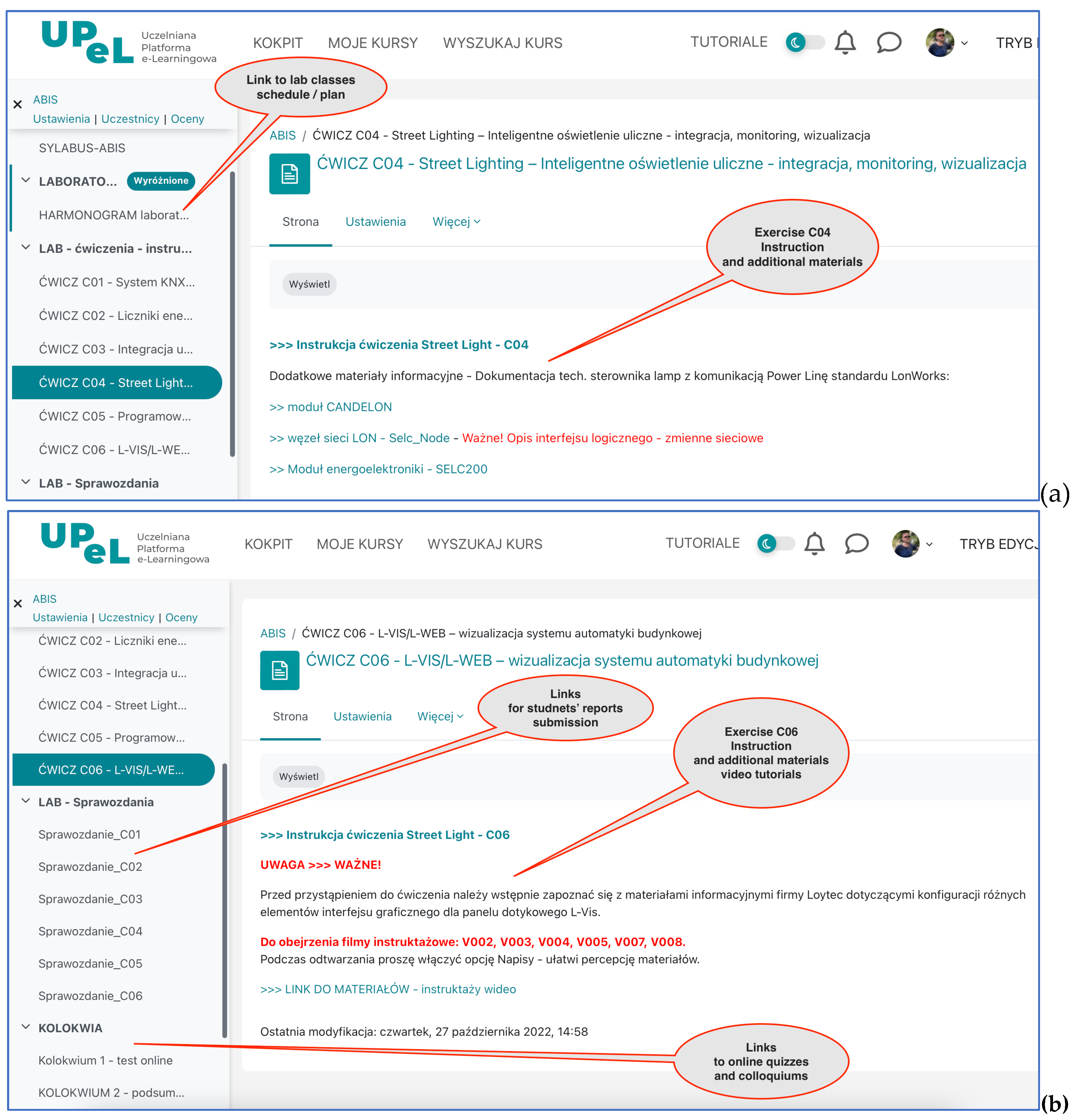
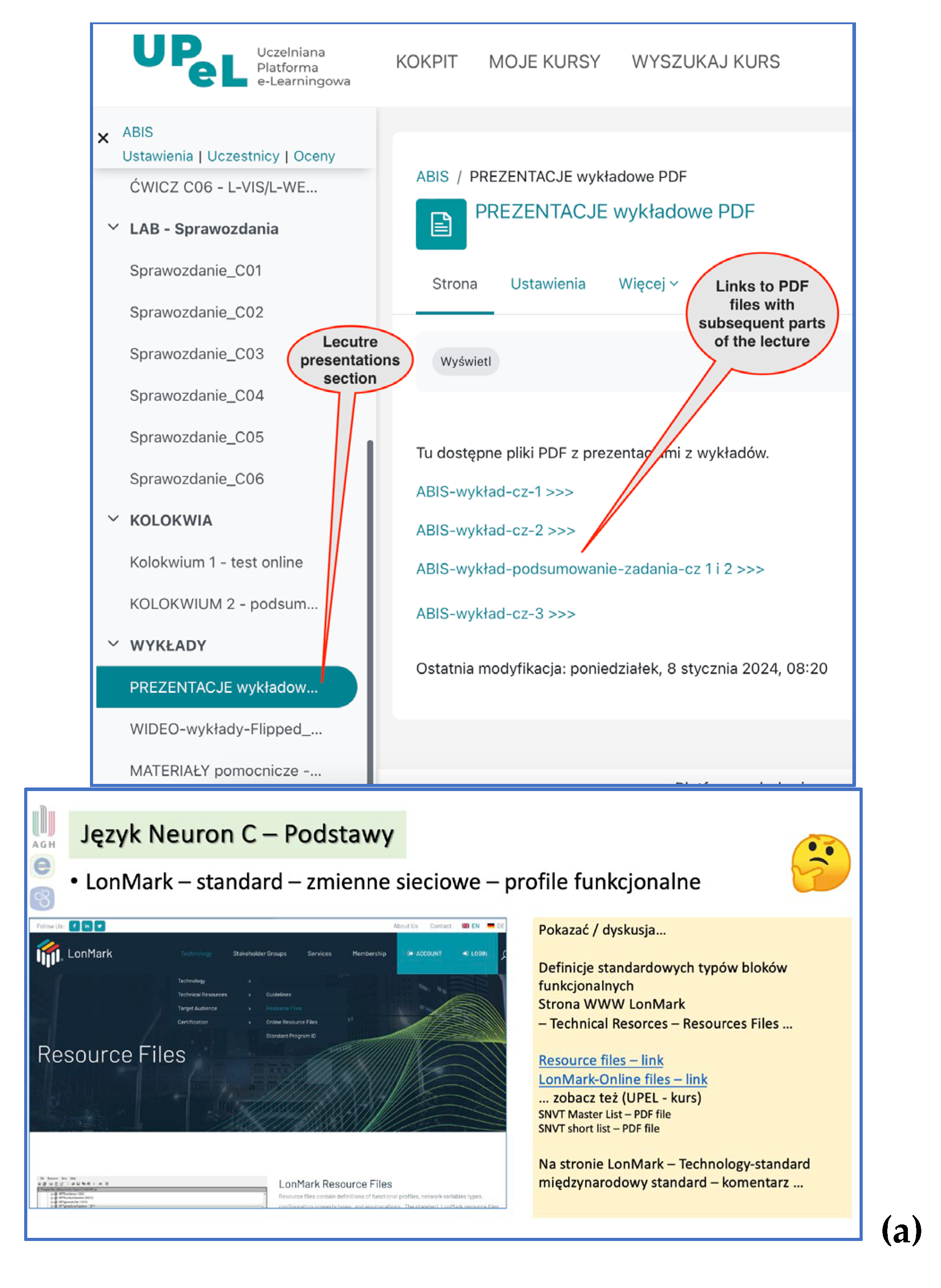
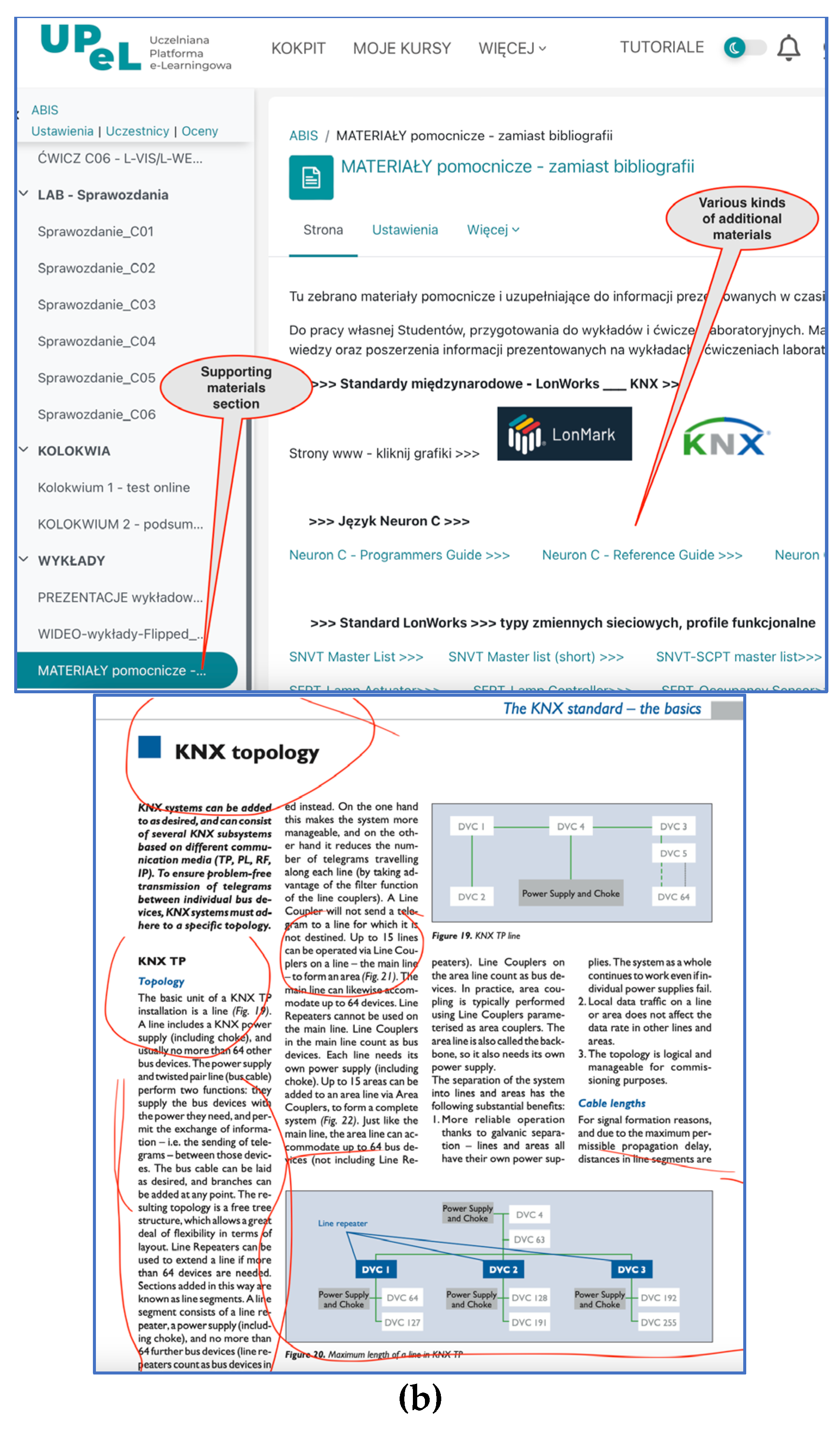
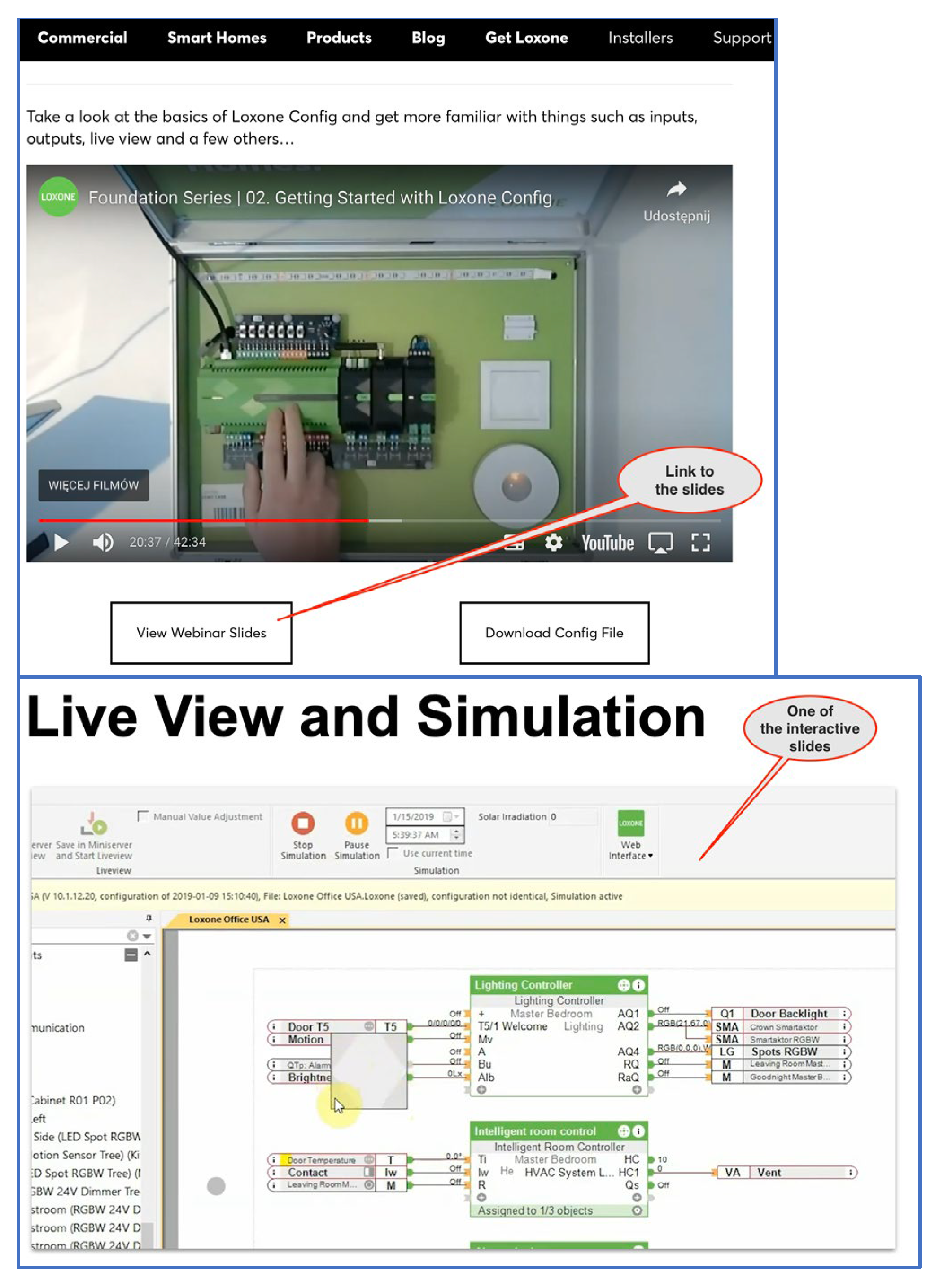
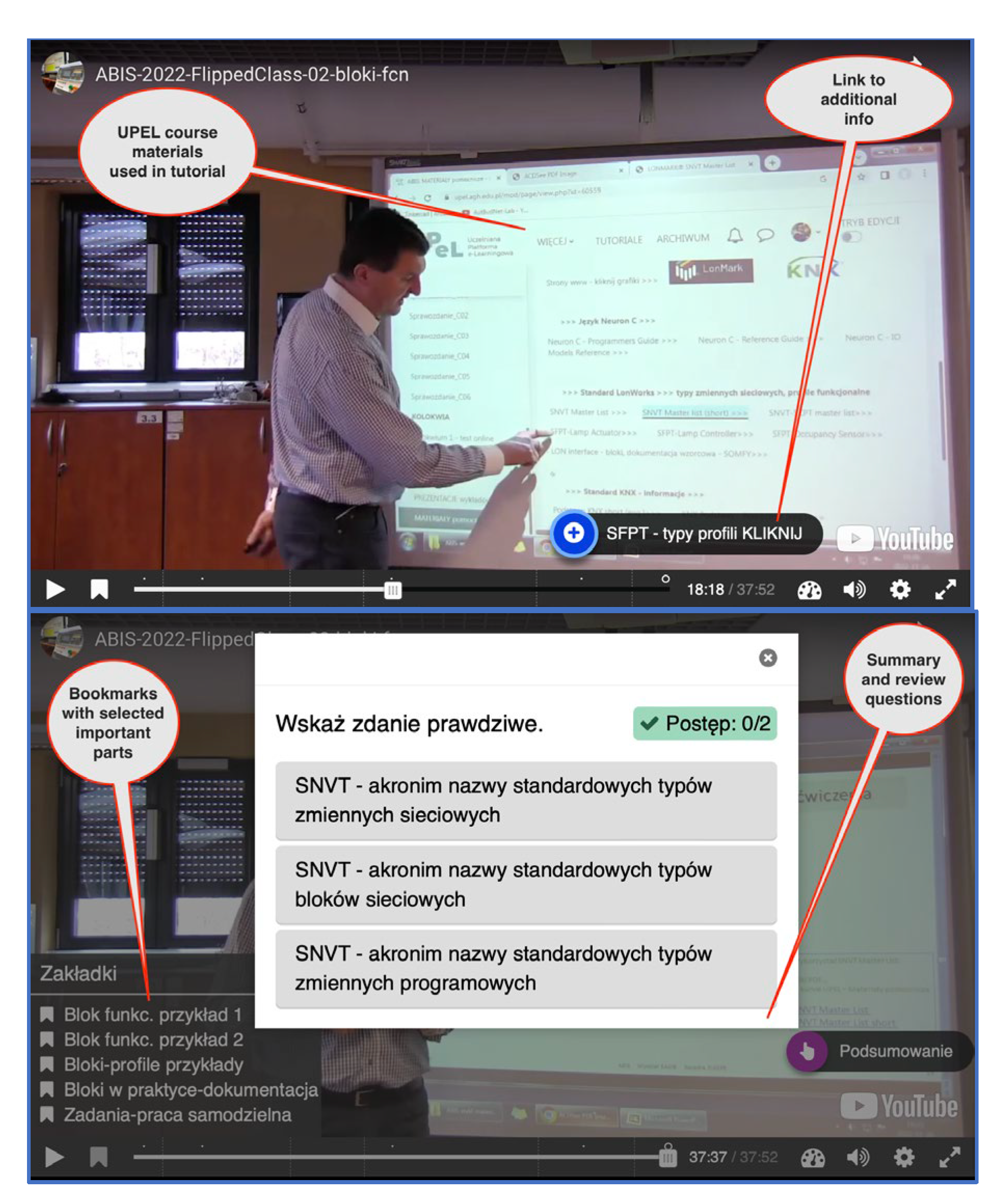
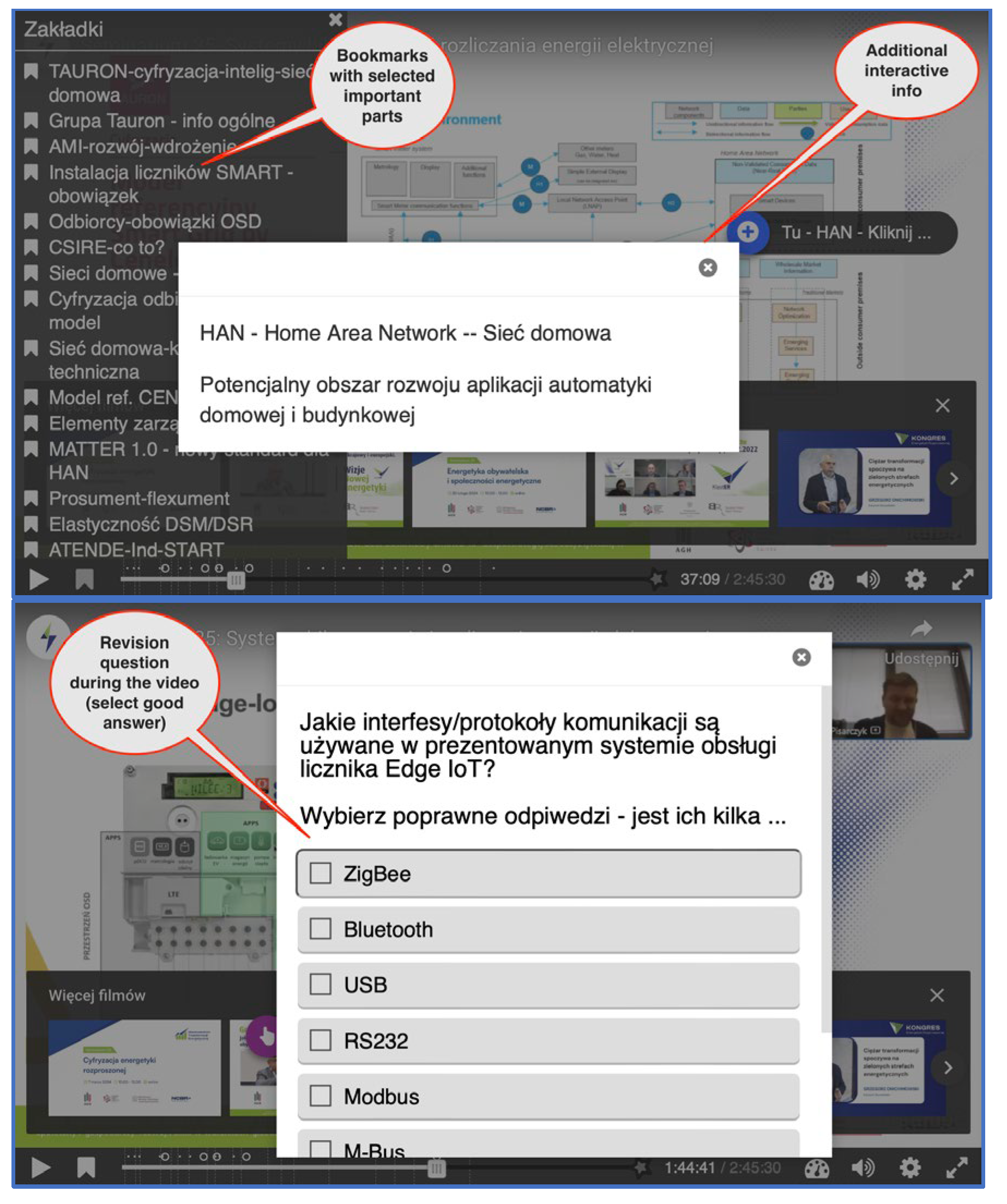
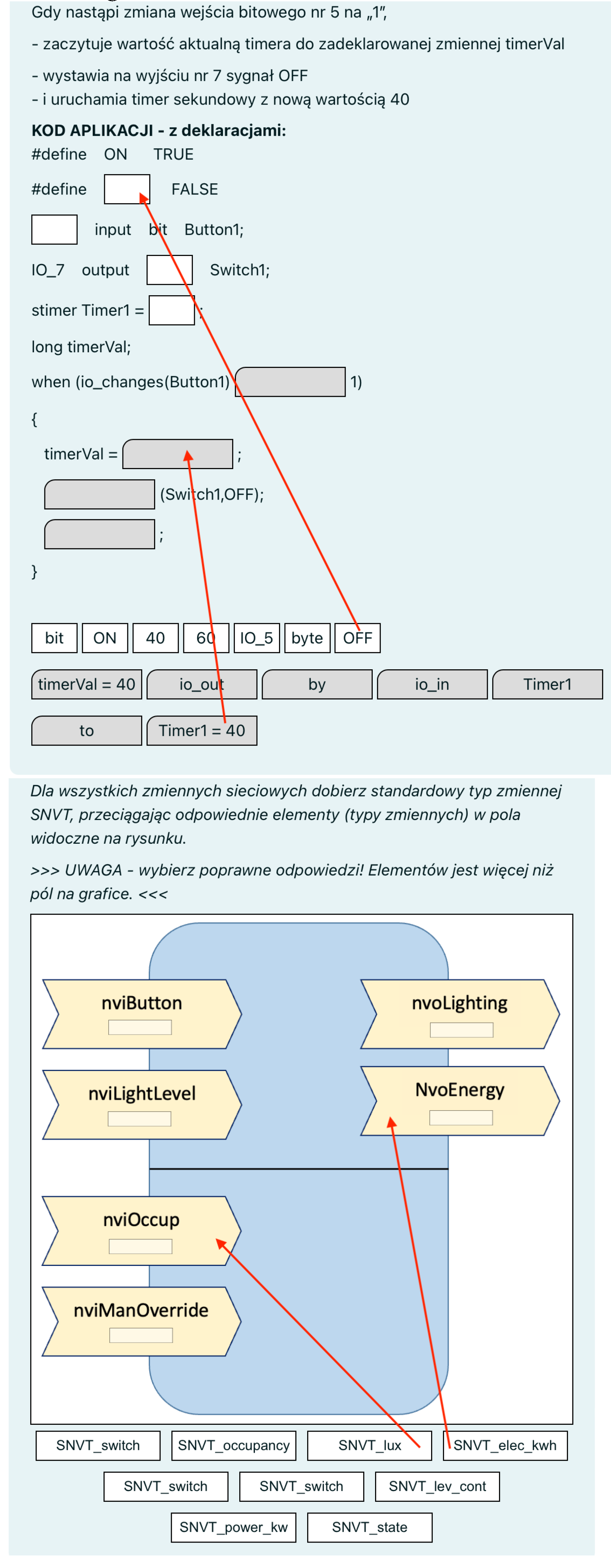
| University / Group | Face-to-Face | Hybrid | Online |
|---|---|---|---|
| The NorthCap University Students Faculty staff |
|||
| 42% | 52% | 6% | |
| 14% | 82% | 6% | |
| Istanbul Bilgi University Students Faculty staff |
|||
| 38% | 49% | 13% | |
| 26% | 67% | 7% | |
| Universidad Latina de Costa Rica Students Faculty staff |
|||
| 23% | 65% | 12% | |
| 9% | 85% | 6% | |
| Overall Sample (All universities) Students Faculty staff |
|||
| 31% | 57% | 12% | |
| 15% | 79% | 6% |
| Issues / Questions | 2022 | 2023 | ||||||||
|---|---|---|---|---|---|---|---|---|---|---|
| Exc. * | V.g. | Sat. | Fair | Low | Exc. | V.g. | Sat. | Fair | Low | |
| Level of lecturer’s involvement | 83% | 17% | 0% | 0% | 0% | 50% | 50% | 0% | 0% | 0% |
| D.Yes | Yes | Neut. | No | D.No | D.Yes | Yes | Neut. | No | D.No | |
| The lecturer is an effective lecturer | 67% | 33% | 0% | 0% | 0% | 42% | 50% | 8% | 0% | 0% |
| Lecture presentations were clear and well structured |
56% | 33% | 11% | 0% | 0% | 25% | 67% | 8% | 0% | 0% |
| The lecturer interested the students in the subject of the course |
83% | 17% | 0% | 0% | 0% | 50% | 50% | 0% | 0% | 0% |
| The lecturer used the time of lecture meetings effectively |
72% | 22% | 6% | 0% | 0% | 58% | 34% | 8% | 0% | 0% |
| The lecturer introduced elements of interactivity in contact between the student and the lecturer |
72% | 28% | 0% | 0% | 0% | 50% | 42% | 8% | 0% | 0% |
| Issues / Questions | 2022 | 2023 | ||||||||
|---|---|---|---|---|---|---|---|---|---|---|
| D.Yes * | Yes | Neut. | No | D.No | D.Yes | Yes | Neut. | No | D.No | |
| The form of lectures was varied | 56% | 39% | 6% | 0% | 0% | 42% | 50% | 8% | 0% | 0% |
| The lecturer provided flexibility in organizing lecture meetings |
83% | 11% | 6% | 0% | 0% | 75% | 25% | 0% | 0% | 0% |
| The topics and content of the lectures correlated with the topics of the laboratories |
67% | 33% | 0% | 0% | 0% | 50% | 42% | 8% | 0% | 0% |
| The Flipped Classroom with videos was useful |
67% | 22% | 11% | 0% | 0% | 67% | 25% | 8% | 0% | 0% |
| Issues / Questions | 2022 | 2023 | ||||||||
|---|---|---|---|---|---|---|---|---|---|---|
| D.Yes * | Yes | Neut. | No | D.No | D.Yes | Yes | Neut. | No | D.No | |
| Video lectures (Flipped Classroom) were interactive, engaging students in the learning process |
67% | 33% | 0% | 0% | 0% | 17% | 67% | 16% | 0% | 0% |
| The video materials in selected laboratory exercise instructions were useful | 67% | 28% | 6% | 0% | 0% | 42% | 58% | 0% | 0% | 0% |
| Laboratory exercise instructions with interactive elements (video, visualizations) supported the learning process and implementation of exercises |
78% | 11% | 11% | 0% | 0% | 33% | 42% | 25% | 0% | 0% |
| The colloquium in the form of an online quiz/test allowed you to effectively demonstrate your knowledge | 72% | 28% | 0% | 0% | 0% | 33% | 50% | 17% | 0% | 0% |
| Issues / Questions | 2022 | 2023 | ||||||||
|---|---|---|---|---|---|---|---|---|---|---|
| D.Yes * | Yes | Neut. | No | D.No | D.Yes | Yes | Neut. | No | D.No | |
| The learning objectives were clearly formulated |
72% | 28% | 0% | 0% | 0% | 42% | 58% | % | 0% | 0% |
| The course content was well organized | 67% | 22% | 6% | 5% | 0% | 42% | 50% | 8% | 0% | 0% |
| The laboratory and lecture activities were well planned |
67% | 17% | 16% | 0% | 0% | 33% | 42% | 25% | 0% | 0% |
| The amount of lab practice was appropriate |
72% | 22% | 0% | 6% | 0% | 42% | 42% | 8% | 0% | 0% |
| The time for carrying out the laboratory exercises was adequate |
67% | 28% | 5% | 0% | 0% | 50% | 50% | 0% | 0% | 0% |
| The instructions for the laboratory exercises were clear, useful and understandable |
61% | 28% | 11% | 0% | 0% | 8% | 42% | 42% | 8% | 0% |
| The UPEL course provided access to necessary materials and instructions |
78% | 22% | 0% | 0% | 0% | 75% | 25% | 0% | 0% | 0% |
| The structure of the UPEL course was clear and usable |
78% | 22% | 0% | 0% | 0% | 58% | 42% | 0% | 0% | 0% |
| Issues / Questions | 2022 | 2023 | ||||||||
|---|---|---|---|---|---|---|---|---|---|---|
| Exc. * | V.g. | Sat. | Fair | Low | Exc. | V.g. | Sat. | Fair | Low | |
| Your skill/knowledge level at the start of the course |
5% | 0% | 50% | 39% | 6% | 0% | 0% | 33% | 58% | 9% |
| Your skill/knowledge level at the end of the course |
17% | 72% | 11% | 0% | 0% | 0% | 58% | 42% | 0% | 0% |
| Level of skill/knowledge required to complete the course |
11% | 67% | 22% | 0% | 0% | 0% | 33% | 58% | 0% | 0% |
| The impact of the course on your skills/your knowledge |
44% | 39% | 11% | 6% | 0% | 8% | 33% | 58% | 0% | 0% |
Disclaimer/Publisher’s Note: The statements, opinions and data contained in all publications are solely those of the individual author(s) and contributor(s) and not of MDPI and/or the editor(s). MDPI and/or the editor(s) disclaim responsibility for any injury to people or property resulting from any ideas, methods, instructions or products referred to in the content. |
© 2024 by the authors. Licensee MDPI, Basel, Switzerland. This article is an open access article distributed under the terms and conditions of the Creative Commons Attribution (CC BY) license (http://creativecommons.org/licenses/by/4.0/).





